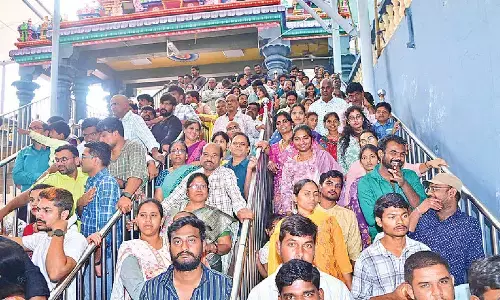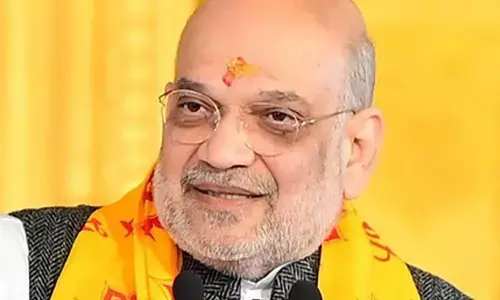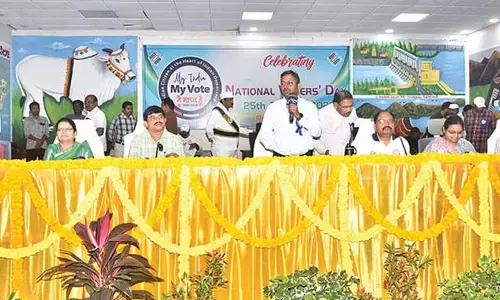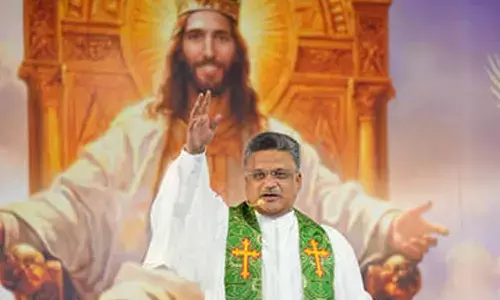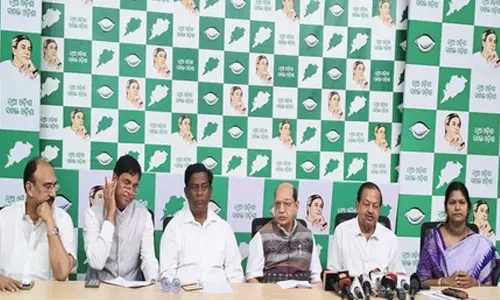West Bengal proposes green lanes for e-vehicles
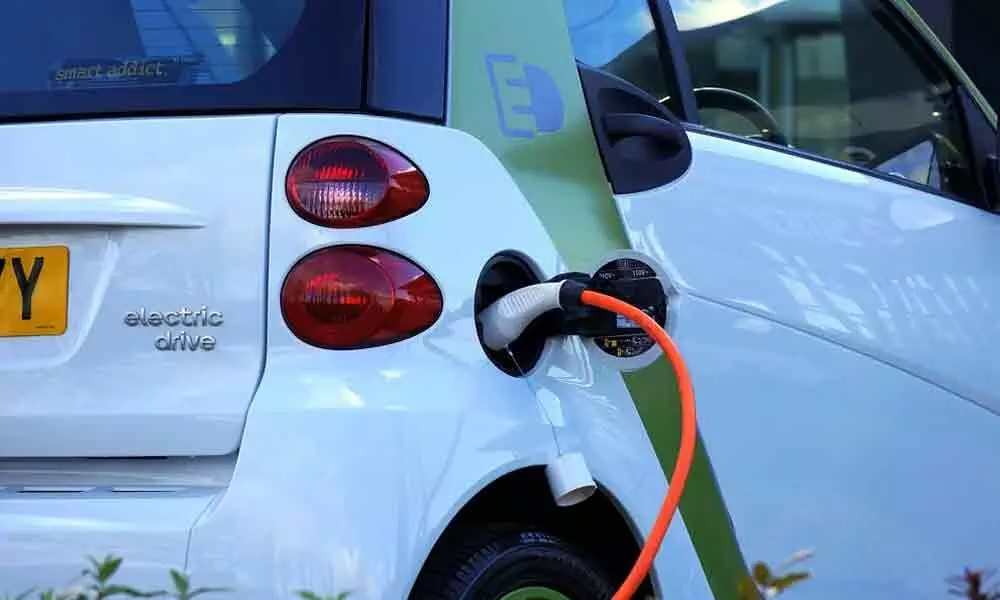
From making cycles to battle tanks & rockets, Tamil Nadu set to become EV hub
n an effort to encourage e-vehicles and reduce the dependability on traditional fossil-fuel driven vehicles, the West Bengal government has proposed special inter-city corridors which can be used only by electric vehicles, with charging stations every 25 km
In an effort to encourage e-vehicles and reduce the dependability on traditional fossil-fuel driven vehicles, the West Bengal government has proposed special inter-city corridors which can be used only by electric vehicles, with charging stations every 25 km.
The state has already introduced sophisticated e-vehicles in different state government transport facilities and has a target of 10 lakh battery-powered vehicles by 2030.
"The state government has always wanted a pollution free state and this policy will take forward our fledgling dream of zero-emission transportation. E-vehicles will not only give us a greener and cleaner environment but at the same time it will keep us immune from the ever-rising fuel prices, which are pushing up prices of every commodity. This is the future of vehicles. We all must work together to achieve this common goal at the earliest," said Transport Minister Firhad Hakim.
Initially the government has proposed to develop the environment-friendly lanes along two popular routes, one from Kolkata to Asansol - a distance of 215 km and the other from Kolkata to Digha - a distance of 185 km. Along these routes, electric vehicles are planned to have priority movement channels, and rapid charging stations will be set up every 25 km. There will also be green zones which might be developed into parking areas or other facilities where only battery-powered vehicles will be allowed.
The tariff for charging or input electricity tariff for public charging stations could be kept low to contain operating costs and more people could go for such cars, an official said. "We will try to keep the fare as low as possible because the state government wants to promote e-vehicles for smoother, greener and cleaner transport facilities," the official added.
The policy identified Kolkata, Howrah, Asansol and Darjeeling as model e-mobility cities, New Town being the pilot city for all the initiatives, said an officer of Bengal's power department, the project's nodal body that drafted the policy.
WBSEDCL is the state-level nodal agency for the charging infrastructure. At present, stated the electric vehicle policy, 2021, the number of such vehicles in Bengal was 37,400, of which 36,000 were e-rickshaws or totos. The state aimed at setting up one lakh public or semi-public charging stations while implementing the policy.
Bengal, the policy document stated, aimed to be among the top three states in India in having electric mobility penetration by the end of FAME II implementation year 2022. The state also targets to be the best in electric mobility penetration by 2030.
The policy also emphasised the use of other renewable energy sources like hydrogen generation and refuelling stations, the first few to be developed by the government. Private developers will also be allowed to set up hydrogen stations in coordination with central guidelines and adhering to state safety standards.









